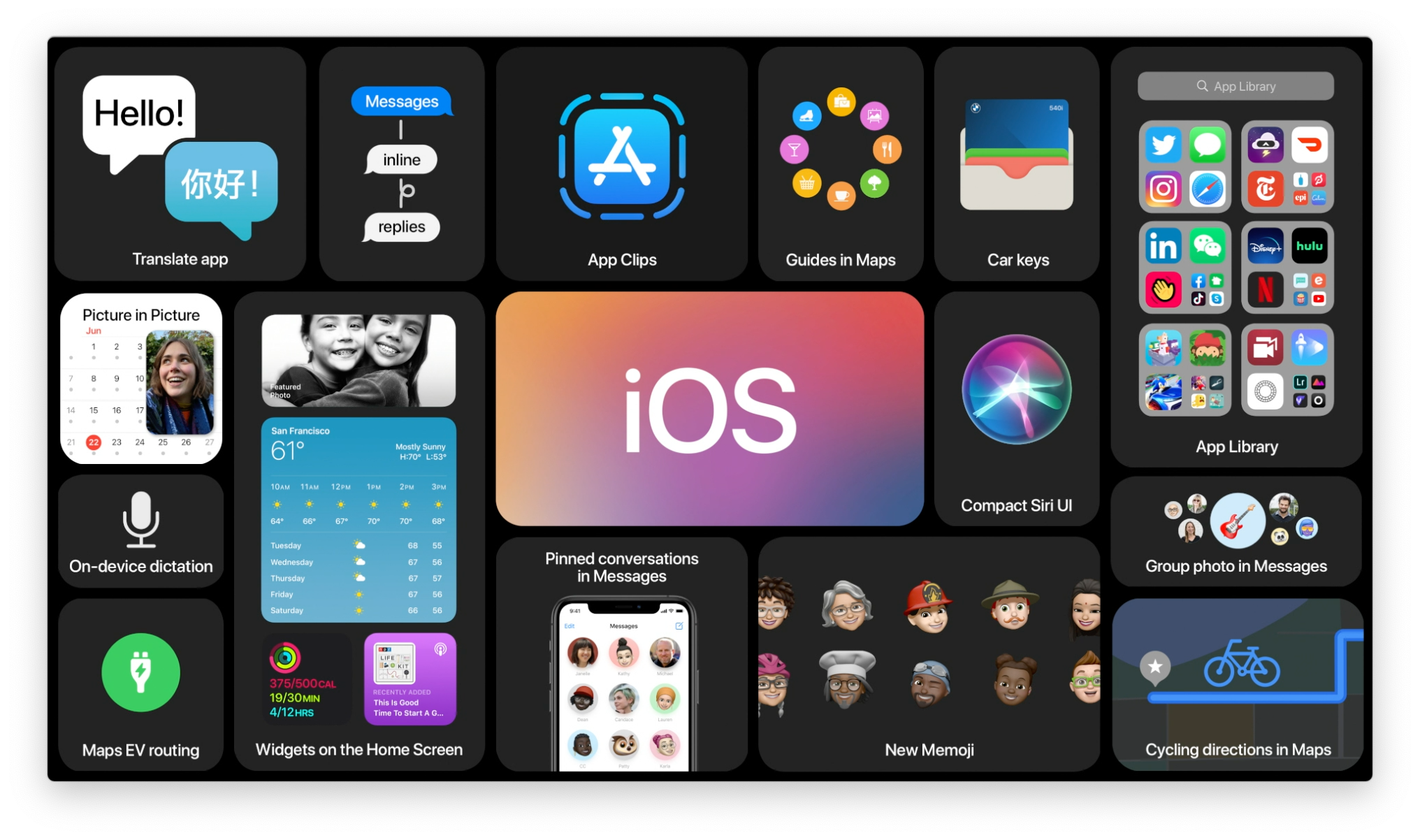Tim Cook: You can have AI *and* privacy

As part of his Apple Q4 2016 conference call opening remarks, CEO Tim Cook dove into how Apple is using artificial intelligence, machine learning, and computer vision:
With our latest operating systems, machine learning is making our products and services smarter, more intuitive, and even more personal. We've been using these technologies for years to create better user experiences, and we've also been investing heavily — both through R&D and acquisitions.Today, machine learning drives improvements in countless features across our products. It enables the Proactive features in iOS 10, which offer suggestions on which app you might want to use or which contacts you might want to include in an email. Our camera and photo software uses advanced face recognition to help you take better pictures, and object and scene recognition to make them easier to sort and find. Machine learning makes the fitness features of Apple Watch more accurate, and even helps extend battery life across our products.Machine learning continually helps Siri get even smarter in areas such as understanding natural language. We've extended Siri to work in many new ways by opening it to developers, and most recently by making Siri available to Mac users in macOS Sierra. We're already seeing great momentum in just the first few weeks from developers leveraging the Siri and speech APIs, and we're very happy with the engagement it's driving with Siri.
The part on how machine learning is helping improve battery life has previous led me to speculate on what Apple could be doing to burn AI into their already industry-leading silicon.
An important differentiator, either a positive for personal privacy or a negative for performance, depending on how you look at it, remains Apple's stance on protecting customer data. While competitors now use hardware tied to services, like Amazon's Echo and Google's Pixel and Home, as candy coatings around massive data harvesting operations, Apple has steadfastly refused to do likewise. It's not how the company makes money, and beyond that — it's not even something they believe is needed.
Cook, again:
In terms of the balance between privacy and AI, I — and this is a long conversation. But at a high level, I think it's a false trade-off that people would like you to believe, that you have to give up privacy in order to have AI do something for you. We don't buy that. It may take a different kind of work, it might take more thinking, but I don't think we should throw our privacy away.It's sort of like the age-old argument about privacy versus security: We should have both! It shouldn't be making a choice. And so, that, at a high level, is how we see it.
It echoes senior vice president of software engineering, Craig Federighi's said on John Gruber's The Talk Show last fall:
The other thing is, there's this idea that, well, if you don't have the data, how would you ever learn? Well, turns out, if you want to get pictures of mountains, you don't need to get it out of people's personal photo libraries.Like, we found out that we could find some pictures of some mountains!We did some tough detective work, and we found 'em.
In other words, competing services don't need our data to work, but the companies that make them want our data, and build AI to get it.
iMore offers spot-on advice and guidance from our team of experts, with decades of Apple device experience to lean on. Learn more with iMore!

Rene Ritchie is one of the most respected Apple analysts in the business, reaching a combined audience of over 40 million readers a month. His YouTube channel, Vector, has over 90 thousand subscribers and 14 million views and his podcasts, including Debug, have been downloaded over 20 million times. He also regularly co-hosts MacBreak Weekly for the TWiT network and co-hosted CES Live! and Talk Mobile. Based in Montreal, Rene is a former director of product marketing, web developer, and graphic designer. He's authored several books and appeared on numerous television and radio segments to discuss Apple and the technology industry. When not working, he likes to cook, grapple, and spend time with his friends and family.

